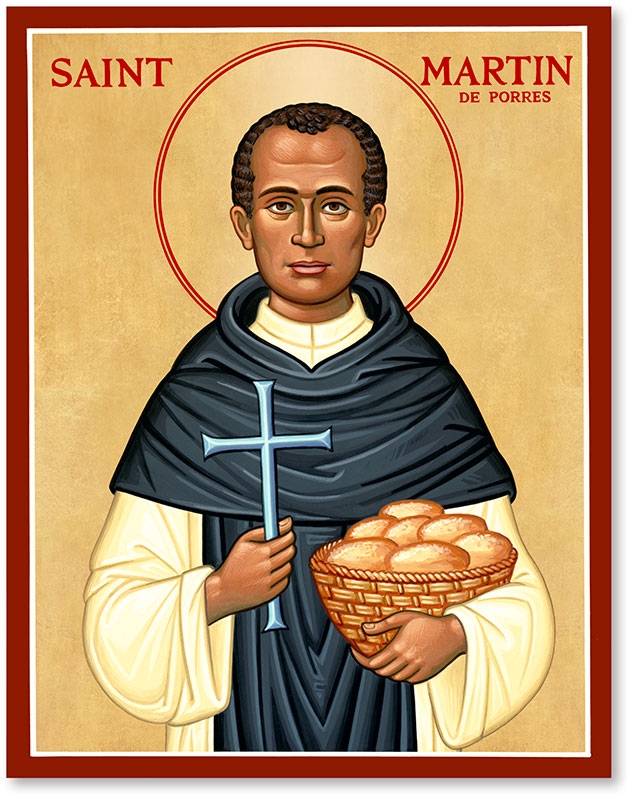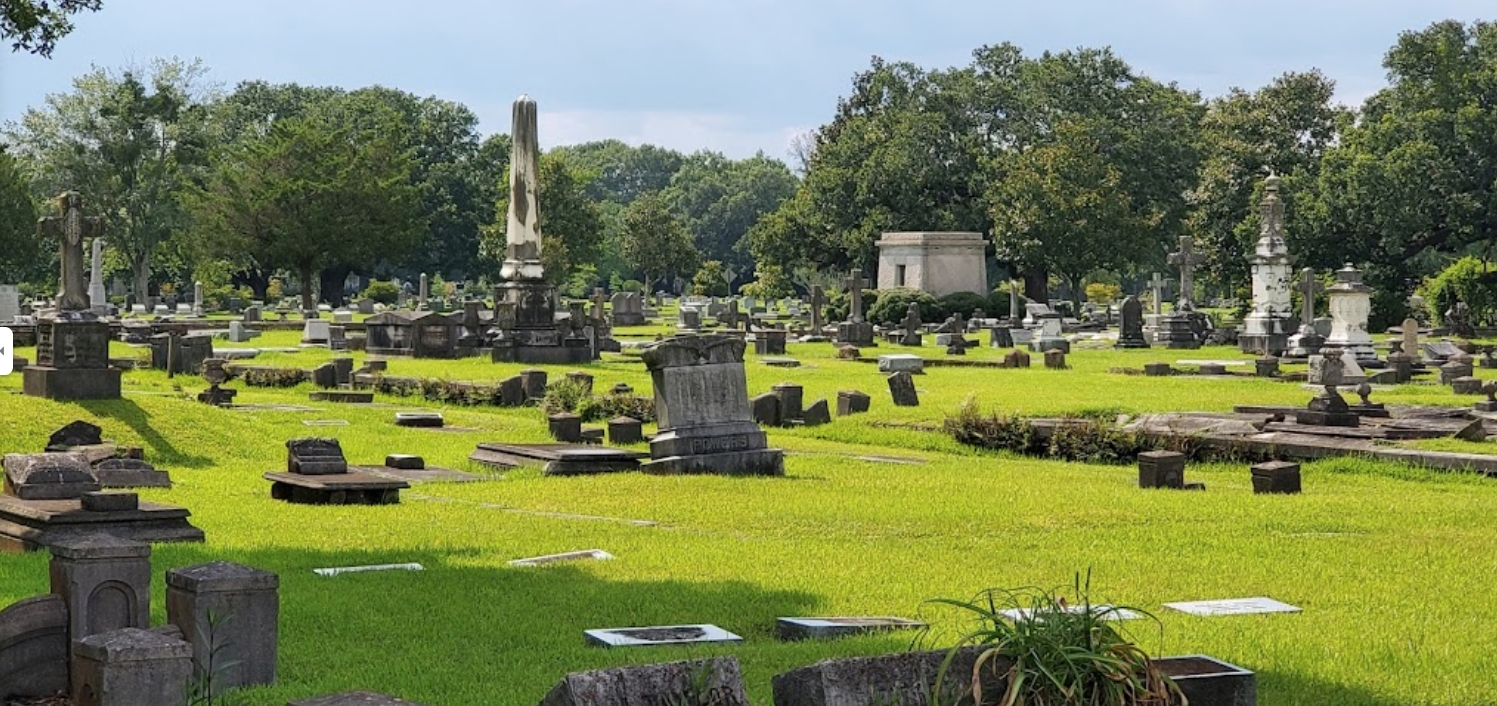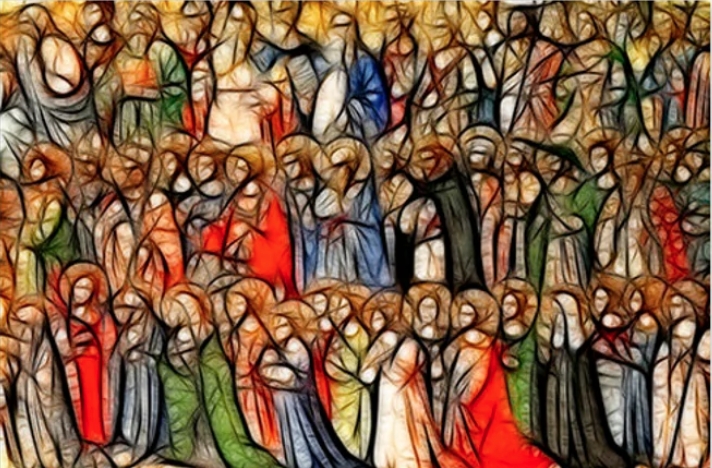These reflections are a result of more than 40 years of ministry as a Roman Catholic priest. Most of these years I spent in the Diocese of Charlotte which covers Western North Carolina. Now I am retired, and live in Medellín, Colombia where I continue to serve as a priest in the Archdiocese of Medellín.

The commandments, You shall not commit adultery;
you shall not kill; you shall not steal;
you shall not covet, and whatever other commandment there may be,
are summed up in this saying, namely,
You shall love your neighbor as yourself.
Love does no evil to the neighbor; hence, love is the fulfillment of the law. (Rom 13:8-10)
As often as “Love your neighbor” appears in the Scriptures, you would think that we would have learned the lesson by now. Thank goodness for Saint Martin de Porres! Saint Martin teaches us that caring for others, no matter their race, is what love is all about.

The souls of the just are in the hand of God,
and no torment shall touch them. (Wisdom 3:1-9)
LUX AETERNA
Lux aeterna luceat eis,
Domine, cum sanctis tuis in aeternum,
quia pius es.
Requiem aeternam dona eis,
Domine, et lux perpetua luceat eis.
May eternal light shine upon them,
O Lord, with your saints in eternity,
for you are merciful.
Grant them eternal rest, O Lord,
and let eternal light shine upon them.
(Text from the Liturgy, music by Elgar)
Today's picture is of my family plot in Magnolia Cemetery, Mobile, Alabama.

“Amen. Blessing and glory, wisdom and thanksgiving, honor, power, and might be to our God forever and ever. Amen.” (Rev 7:2-4,9-14)
The festival of the heavenly Jerusalem invites us to remember and give thanks to God for all the holy men and women who have touched our lives and have gone before us.

One of the scribes came to Jesus and asked him,
"Which is the first of all the commandments?"
Jesus replied, "The first is this:
You shall love the Lord your God with all your heart, with all your soul,
with all your mind, and with all your strength.
The second is this:
You shall love your neighbor as yourself.
There is no other commandment greater than these." (Mk 12:28b-34)
The trick question about the greatest commandment is answered with Jesus linking love of God with love of neighbor, and saying they are the same thing. And we have been struggling with this teaching ever since.

Brothers and sisters:
I ask, then, has God rejected his people?
Of course not!
For I too am a child of Israel, a descendant of Abraham,
of the tribe of Benjamin.
God has not rejected his people whom he foreknew.
For the gifts and the call of God are irrevocable. (Rom 11:1-2a,11-12,25-29)
How hard it is for some folks to accept the clear teaching of Saint Paul about the Jewish people . . . and of the Second Vatican Council in NOSTRA AETATE (1965)



